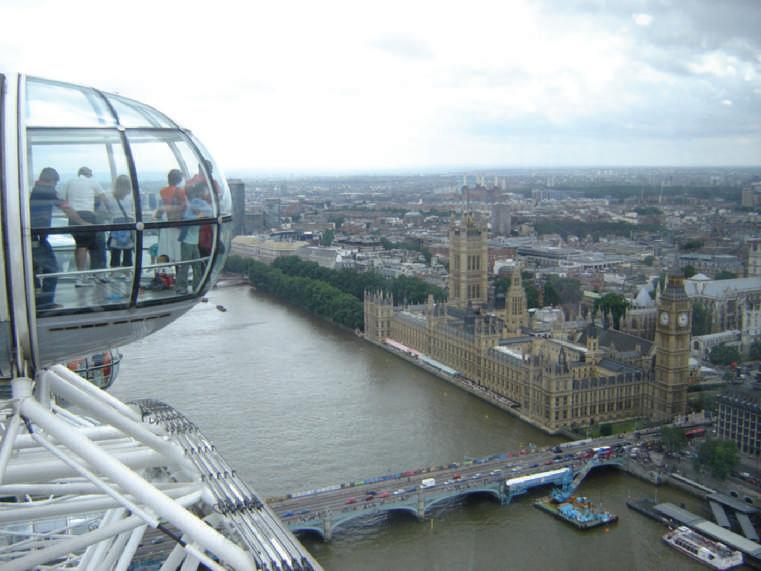
4 minute read
6-4a Legal Systems
particular country would constitute public corruption. Blackmailing a government official in order to obtain a government business contract would also constitute public corruption.
In 1977 the Foreign Corrupt Practices Act (FCPA) became law in the United States. This law prohibits U.S. companies from bribing or otherwise corrupting foreign government officials in order to win foreign government contracts or obtain other foreign government assistance for their businesses. Recently, the U.S. Justice Department has enforced this law more aggressively, even creating a specialized unit within the U.S. Securities and Exchange Commission (SEC) to further its enforcement. For example, on November 26, 2013, the SEC charged oilfield services company Weatherford International with violating the FCPA through the authorized bribes, travel, and entertainment for government officials in the Middle East and Africa in order to win business for their company. The SEC found that Weatherford had falsified its books to cover up these illegal payments, which brought the company upward of $59.3 million in profits from 2002 to 2011. Weatherford settled the case by paying more than $250 million to various agencies.3
Advertisement
It is important to note that not every country has stringent laws in this regard like the United States, and, even if they do, such laws may not be aggressively enforced—or enforced at all. Indeed, in many countries and cultures throughout the world, bribes are simply an expected part of compensation. This can be particularly true in totalitarian regimes when the individuals in command can accumulate considerable personal wealth in this manner. Clearly different standards regarding the regulation of corruption exist around the world.
Reality Che C k lO-3
Do you know anyone who has ever paid someone a bribe? Where would you draw the line between business “favors” on the one hand and bribery, kickbacks, or “protection money” on the other?
6-4 The Legal Environment 6-4a Legal Systems
There are basically three kinds of legal systems in countries throughout the world: civil law legal systems, common law legal systems, and theocratic law legal systems. A civil law legal system is a legal system based on a comprehensive listing of legal rules in sets of written codes of law. For example, a code in a civil law country could specifically list the different types of pornography that were permissible in the given society along with which types of pornography were impermissible or illegal.
In a civil law country, the real power lies with the legislative branch of government, which enacts specific laws or rules that are then set forth in given legal codes. Judges in civil law countries have relatively little power, as the codes set forth specific rules and the job of the judges is simply to enforce these specific rules. There is little room in civil law countries for judicial “interpretation” or changing of legal regulations—the rules are specifically and comprehensively set forth in given codes, and only the legislative branch of government can change these rules by passing new laws that alter the given codes.
From a cultural perspective, civil law systems provide considerable uncertainty avoidance. Citizens clearly know the given rules and judges straightforwardly enforce these codified rules. It is thus not at all surprising that countries like Germany, with strong cultural preferences for uncertainty avoidance, are civil law countries. Indeed, Germany’s Civil Code of 1896 and its general civil law system have diffused not only into most other European countries (e.g., Switzerland and Austria), but also into Asia. Indeed, Japan, heavily influenced by Germany’s 1896 civil code, adopted a similar civil code later that same year.
Foreign Corrupt Practices Act
a U.S. law that prohibits U.S. companies from bribing or otherwise corrupting foreign government officials in order to win foreign government contracts or obtain other foreign government assistance for their businesses
LO-4
Analyze the different types of legal systems and some key principles involving criminal contract, tax, product safety, and dispute settlement law.
civil law legal system
a legal system based on a comprehensive listing of legal rules in sets of written codes of law
common law legal system
a legal system where legislative bodies generally enact less specific legal rules giving judges/courts considerable authority in interpreting these rules based on precedent and other factors
Common law legal systems, such as the supreme court of the United Kingdom, allow for legal interpretation by judges and courts.
David Levenson/Alamy
In turn, Japan’s civil legal system has been adopted in good measure by other Asian countries, such as China, South Korea, and Taiwan. Companies and individuals planning on doing business in civil law legal system countries need to carefully review existing rules and codes that apply to the nature of business they are going to be conducting. Over 80 countries in the world are currently civil law legal system countries.
In contrast to countries with a civil law legal system, the United States follows a common law legal system. A common law legal system is one where legislative bodies generally enact less specific legal rules, so that judges and courts are given considerable authority with respect to interpreting these rules based on precedent and other factors. For example, a common law legal system might simply afford its citizens the right to be free from government interference with their “free speech.” It would then be up to judges to interpret the term “free speech” based on precedent and other evidence and considerations (e.g., does a given piece of pornographic material represent permissible “free speech”?).






